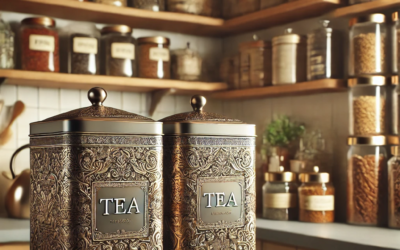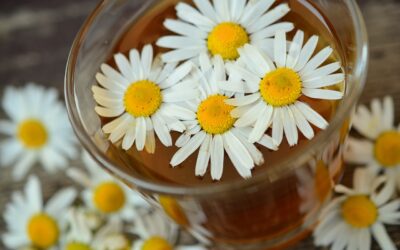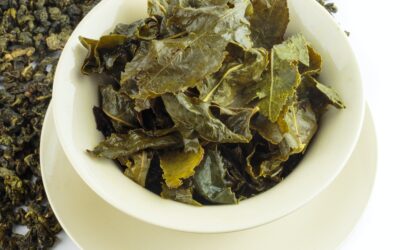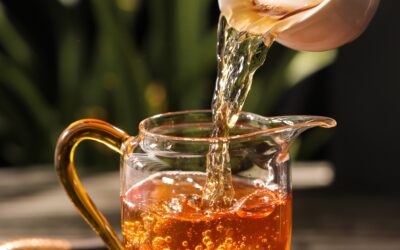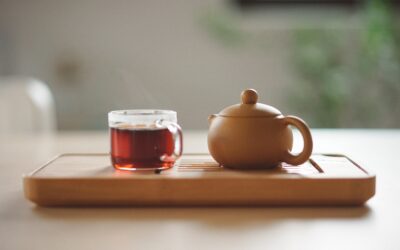When I first started my tea journey, I didn’t think much about water. I focused on the leaves, the temperature, and the steeping time. But the water? That was just the vessel, right? Wrong. Living in a place with naturally hard water, high in calcium, I learned quickly how the water you use can make or break your cup.
The problem wasn’t just taste. It was a buildup in my kettle, bitterness in delicate teas, and the quiet sabotage of all those antioxidants I cared so much about. I couldn’t overhaul my home’s plumbing, but I could control how I brewed my tea. So, I set out to find simple, effective ways to protect the flavor and integrity of every cup.
What’s the deal with calcium?
Calcium is essential for our health, but it’s tricky when it comes to tea. A little calcium can bring out subtle flavors in some teas. But too much? That’s when you start getting chalky brews, bitter edges, and cloudy liquid. Worse, high calcium levels can bind to the antioxidants in tea, especially catechins in green tea, diminishing their nutritional impact.
If you’re trying to enjoy tea for both wellness and pleasure, that’s a bit of a downer.
A few fixes that worked for me….
Filtered water was a game-changer. A good carbon or reverse osmosis filter can help reduce minerals, chlorine, and other elements that mess with flavor. I also avoid re-boiling water; each time water boils, it loses oxygen and concentrates minerals. Fresh, cold water for every brew is the way to go.
Another tip? Descale your kettle regularly. Limescale doesn’t just look bad; it impacts the taste and heat efficiency. I use a simple vinegar and water solution every few weeks to keep mine clean.
Some people suggest adding lemon juice to tap water to balance the pH. While it doesn’t neutralize water per se, a touch of acidity can reduce the harsh effects of mineral-heavy water. It’s worth experimenting with, especially for green and white teas.
Don’t underestimate your water source
Different regions have different water compositions. In the Caribbean, depending on whether your water is piped, tanked, or filtered through household systems, the mineral content can vary widely. What works for me in Trinidad might need adjusting if you’re brewing tea in Barbados or St. Lucia.
Final thoughts………..
Tea is simple, but also nuanced. Once I started paying attention to the water, my cups transformed. Less bitterness. More aroma. Smoother aftertaste. And I felt good knowing that I wasn’t losing any of those amazing health benefits.
If you’re on your tea journey, don’t overlook what’s flowing from your tap. A few small tweaks might be the key to unlocking your perfect brew.
Cheers to that first, better sip.



